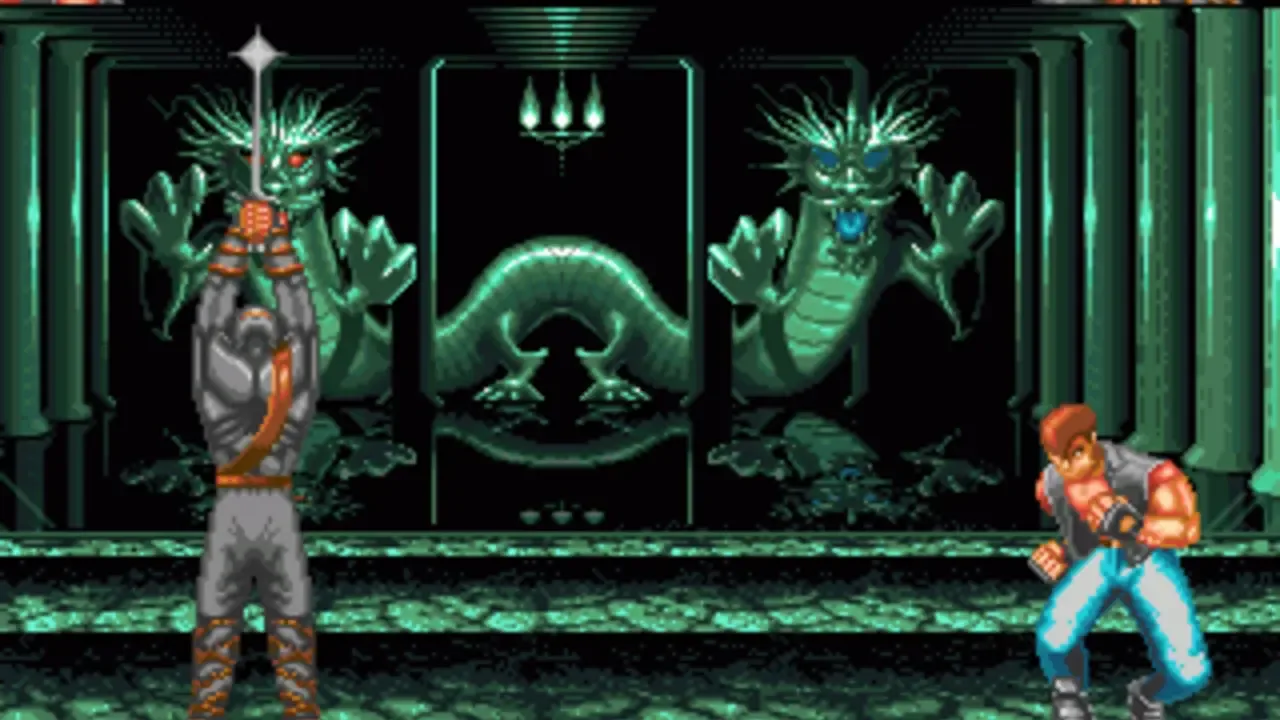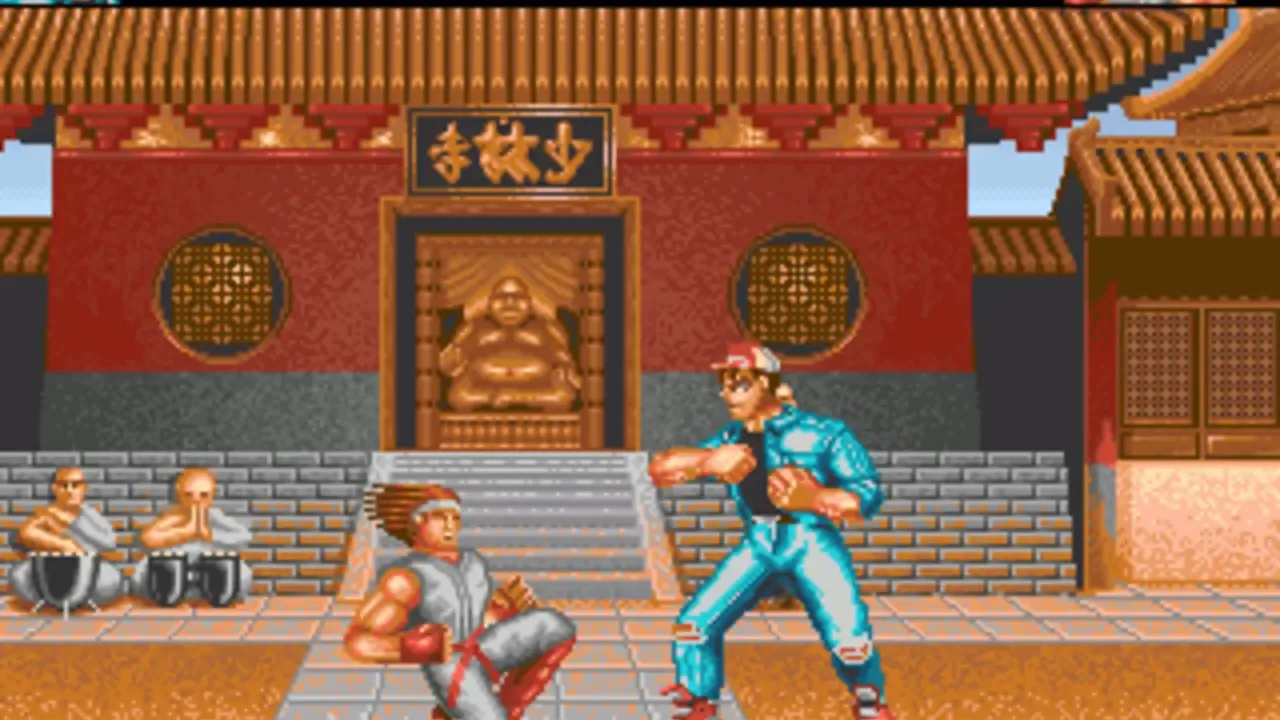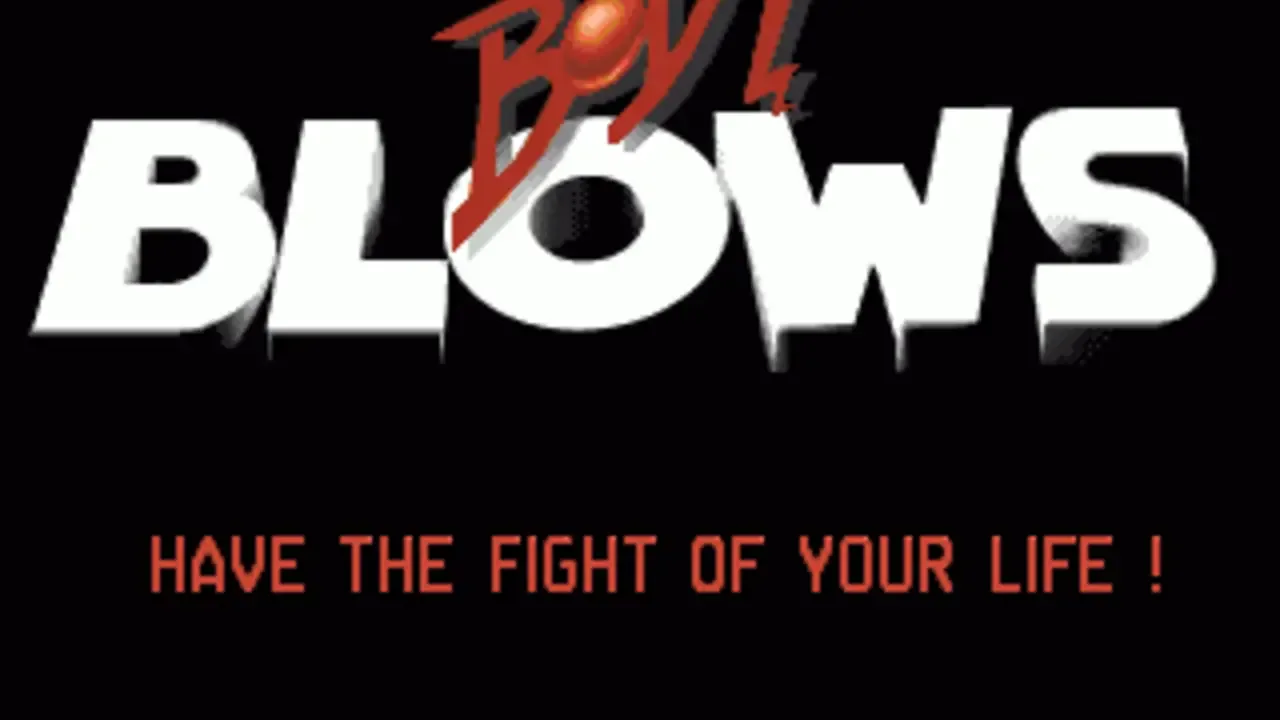Body Blows
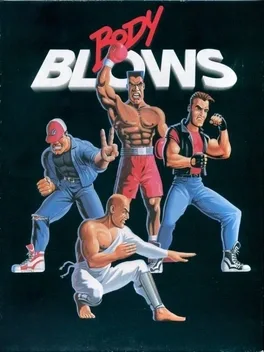
Buy
Part of collection:
Body Blows
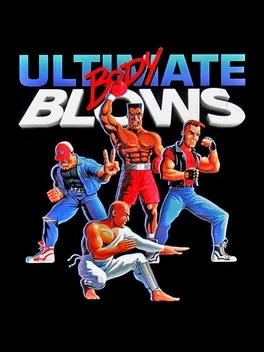
A compilation of the original fighting game "Body Blows" and its sequel, available only for Amiga, "Body Blows Galactic". The game combines everything from its predecessors and adds more colors, improved graphics and music, more backgrounds and endings, giving the player a total of 22 characters (including the invincible Max and his true self, the Terminator T17) and many fixes.

Dan and Junior from Body Blows travel the universe, fighting warriors on different planets.

Body Blows is an Amiga versus fighting game. It was released in 1993 by Team17. The game is compatible with all Amiga systems, including the CDTV system with joystick support. It was followed by Body Blows Galactic and Ultimate Body Blows. "Experience super fast, hard hitting fight action like you have never seen before... Choose one of four hero characters to combat the increasingly evil computer controlled opponents in Arcade Mode. Take on a freind (or enemy!!) in the highly competetive two player mode or go for broke in the Body Blows Ultimate Challenge, where upto eight players select their favorite character from the ten available to compete for the Champions Belt."
Could be interesting
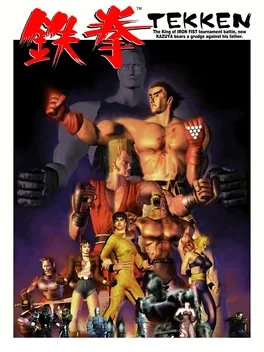
Tekken is a fighting game and the first entry in what would become the Tekken series and franchise. It was one of the earliest 3D animated fighting games applying many of the concepts found in Virtua Fighter by Sega. Contrary to traditional fighting games that involve inputting commands as rapidly and accurately as possible, Tekken slows the action down by emphasizing rhythm, strategy and deception over speed.
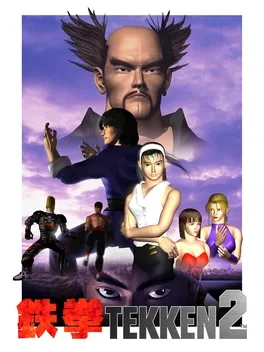
Tekken 2 is the second game in the Tekken series, it made various improvements over its predecessor in terms of graphics and features. All the characters from Tekken returned and eight new characters were added to the character roster along with new moves and combos.
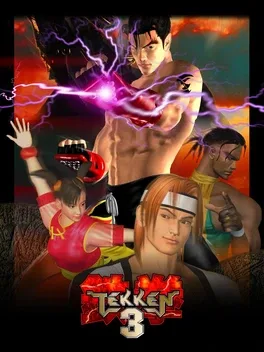
Tekken 3 is the third installment in the Tekken series. It maintains the same core fighting system as its predecessors but brings many improvements, such as significantly more detailed graphics and animations, fifteen new characters added to the game's roster, more modern music and faster gameplay.

Tekken 4 marks the return of Namco's premier fighting franchise, Tekken. This version features enhanced graphics, gameplay mechanics, and fearsome fighters. Newcomers engage old favorites in interactive, multileveled arenas. The addition of walls, terrain effects, position changes, and enhanced sidestepping will force you to adjust your fighting strategy. Expanded game modes such as Training, Team Battle and the new Tekken Force provide the player with a deeper gameplay experience.

After the death of Heihachi Mishima, the fifth King of Iron Fist Tournament began. Tekken 5 lets you join this battle as one of many characters, including three fighters who are new to the Tekken series. This time, the environments feature destructible objects and dangerous obstacles. Customize your character with a variety of accessories, such as beanies, glasses, and costumes. Beat the game with each character to learn his or her story.
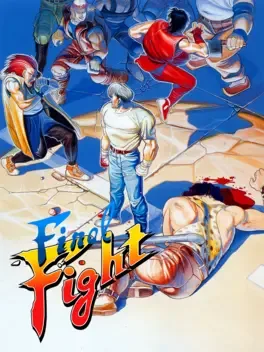
Final Fight is a side-scrolling beat-'em-up produced by Capcom. Final Fight can be played by up to two players simultaneously. Before the game begins, the player chooses between the three main characters: Haggar, Cody, and Guy. Each has his own fighting style and attributes. Health gauges are displayed for both player and enemy characters. The controls for Final Fight consist of an eight-way joystick and two buttons for attacking and jumping respectively. Pressing the attack button repeatedly when attacking an enemy or multiple enemies will cause the player character to perform a combo. The final blow of the combo can be changed to a throw if the player moves the joystick in the opposite direction just before landing it. The player can also perform a jump attack. Pressing the attack and jump buttons simultaneously allows the player to perform a special attack that strikes all surrounding enemies, but will drain a small portion of the player's health. Enemies can be grabbed simply by walking into one of them. When an enemy is grabbed, the player can perform a grab attack by pressing the attack button or perform a throw by tilting the joystick left or right. A thrown enemy can be tossed at another for additional damage. Items such as weapons, health recovery items, and items awarding extra points can be picked up by standing over one and pressing the attack button. Weapons have limited uses and will disappear if the player is disarmed by an enemy too much or when the player moves to a new area. Final Fight consists of six stages or "rounds", as well as two bonus rounds. Each round takes place in a different section of Metro City such as the Slums and the Subway, with most rounds featuring more than one level. At the end of each round the player will face a boss character unique to that round.
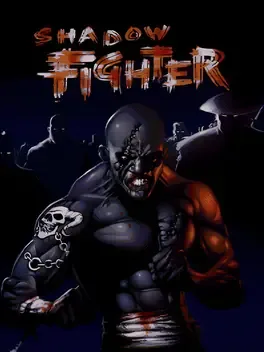
Shadow Fighter is a computer game for the Commodore Amiga, and Amiga CD32 developed by NA.P.S. team and published by Gremlin Interactive in 1994, and became one of the Amiga's best fighting game offerings during its final years, competing at the time with the likes of Acclaim's impressive home console ports of Midway's Mortal Kombat franchise, and Team 17's Body Blows.
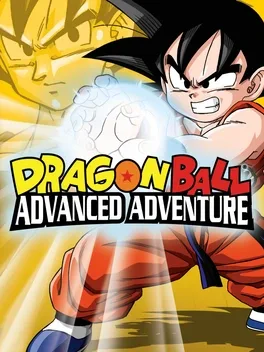
Join Goku in his very first epic adventure as he defends the earth from the relentless Red Ribbon Army. Start down his path to power, and help turn an ordinary boy into the ultimate champion.

A compilation of the original fighting game "Body Blows" and its sequel, available only for Amiga, "Body Blows Galactic". The game combines everything from its predecessors and adds more colors, improved graphics and music, more backgrounds and endings, giving the player a total of 22 characters (including the invincible Max and his true self, the Terminator T17) and many fixes.
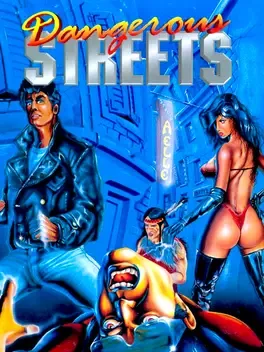
Dangerous Streets is a colorful sprite-based fighting game in the vein of Street Fighter II. Its eight characters are diverse, ranging from fashion models to a bizarre monster "custodian". In addition to a two-player mode, the game also features single matches against the CPU and a tournament mode. The control scheme consists of the standard weak, medium and strong punches/kicks, and both keyboard and joystick controls are supported.



